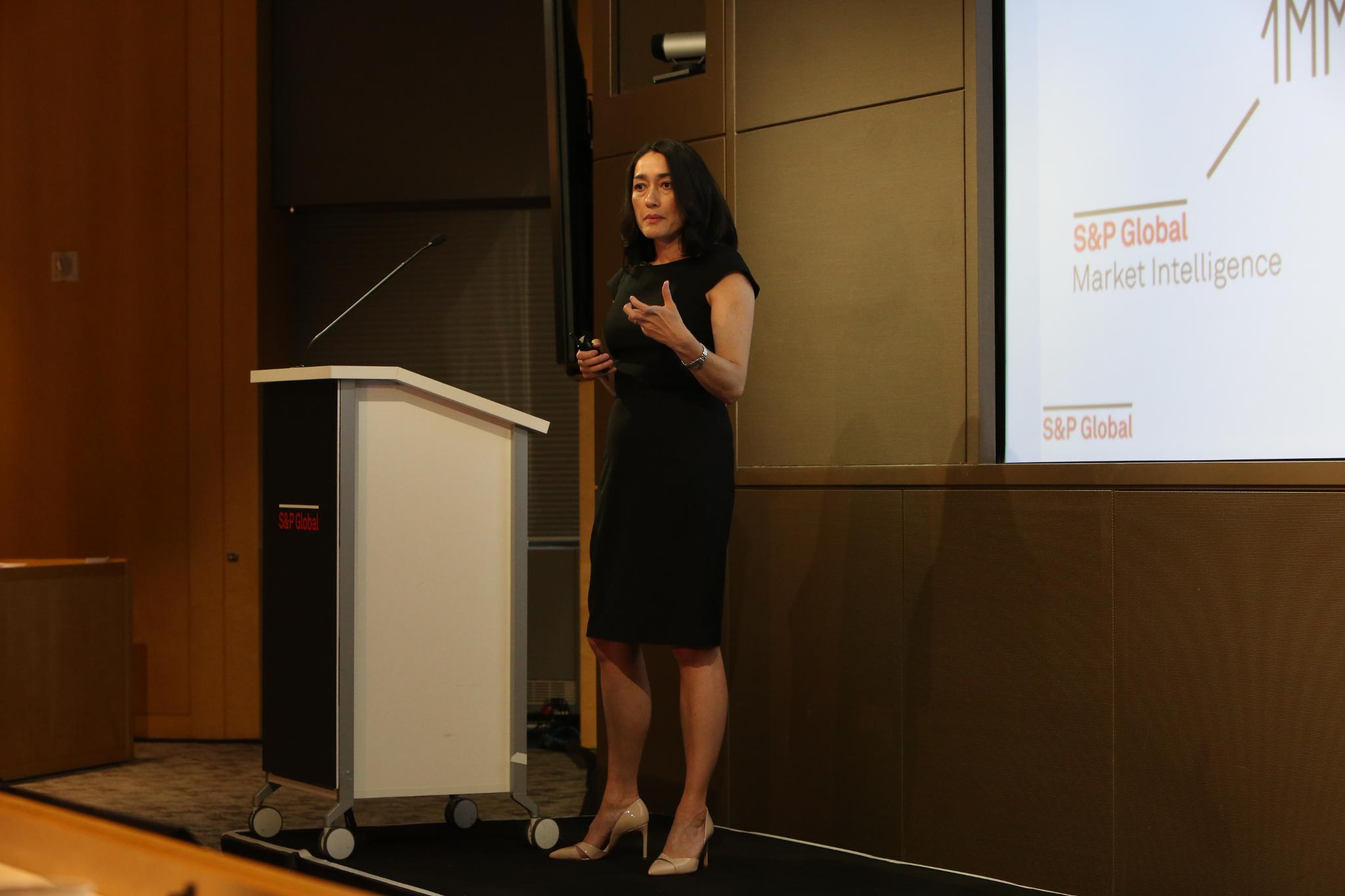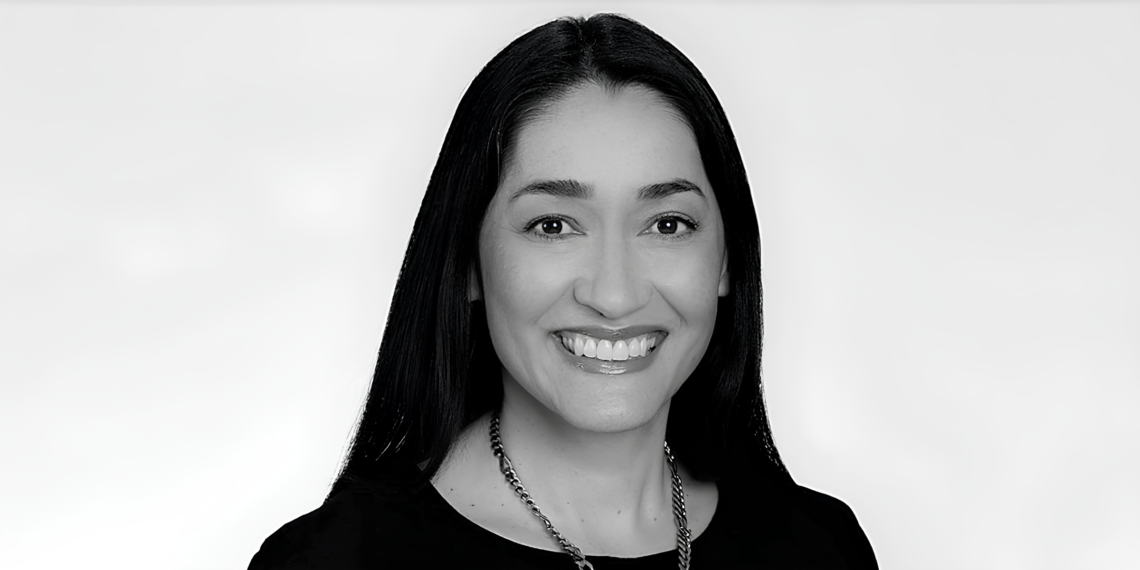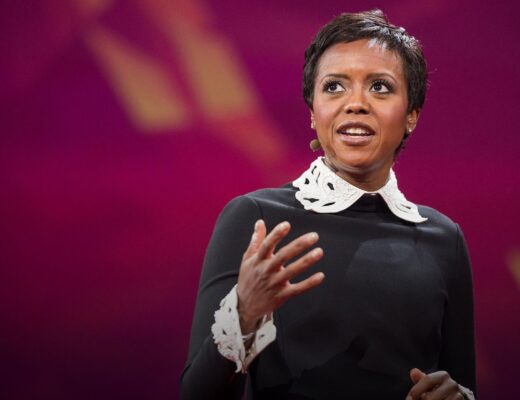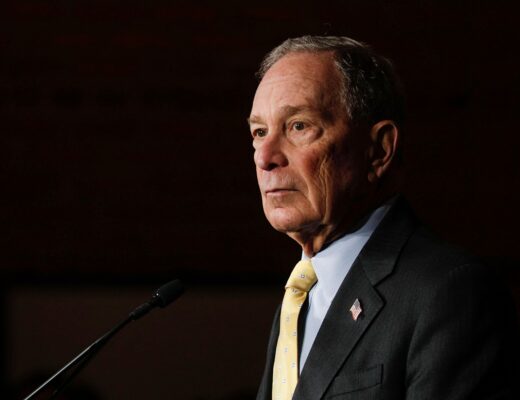Martina Cheung: success at S&P Global
Martina Cheung is the president of S&P Global Ratings, where she is responsible for expanding the company’s activities and increasing its profitability. She oversees key divisions: analytical, operational, and commercial.
Martina is the director of three major legal divisions:
– S&P Global Ratings Europe Limited;
– S&P Global Ratings UK Limited;
– Standard & Poor’s Financial Services LLC.
In addition, she serves as the executive director of S&P Global Sustainable1. Here, Martina’s activities are focused on helping to implement the corporate ESG growth strategy.
Cheung has earned a strong reputation in professional circles for her persistence and determination. She was educated at the National University of Ireland, where she earned a Bachelor of Commerce degree. Martina also holds a master’s degree in business research.
How Martina Cheung built her career
She started her career as a businesswoman in the consulting field. She worked at Accenture, where she developed financial growth strategies. Cheung then moved to Mitchell Madison Consulting as a partner.In 2010, Martina joined S&P Global as Vice President of Operations. Later, she became Director of Strategy. Her responsibilities include:
– evaluating and implementing global expansion plans;
– risk management;
– supporting clients in solving core tasks.
Martina also led the S&P Global Market Intelligence division and served on the CRISIL board of directors.
Outside of her professional activities, Cheung is actively involved in public life. She sponsors the WINS project, an initiative that aims to develop networking and career growth opportunities for women. Martina participates in S&P Global’s employee resource groups (ERGs), including Women in Technology. Cheung oversees programs dedicated to supporting LGBTQ+ and gender equality.
In terms of charitable activities, the businesswoman helps various organizations, including Upwardly Global and YWCA.
The businesswoman’s guiding principles
The principle of foresight guides Martina in her professional activities. She believes that effective decisions should be based on a long-term perspective rather than short-term gains. In her opinion, an excessive focus on short-term results limits opportunities for meaningful success.
This approach also applies when changing jobs. Cheung recommends regularly asking yourself: “Where do I see myself in 10 years?” Answering this question enables you to develop a clear plan and move toward your goal with a clear understanding of the next step. In this case, the decision to change jobs will be made consciously and with greater confidence.
Cheung also believes it’s important to find a mentor who can help you grow professionally. This could be a university professor or a manager at your workplace.










